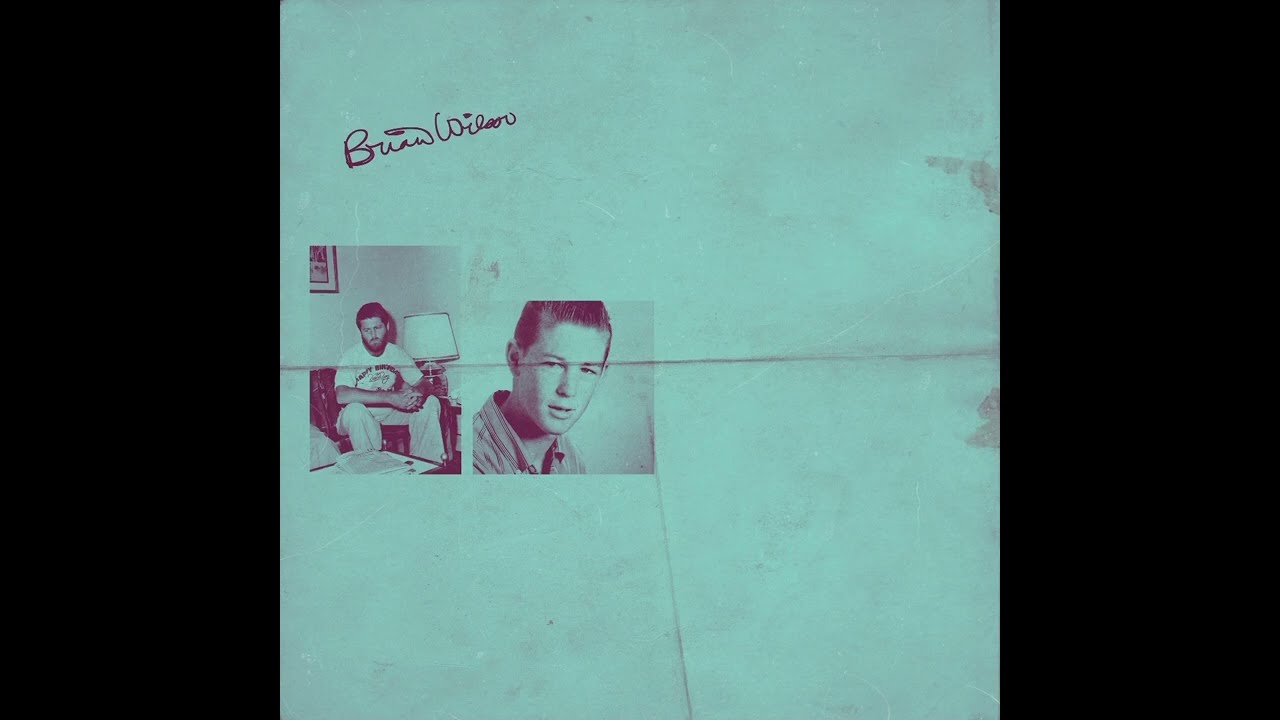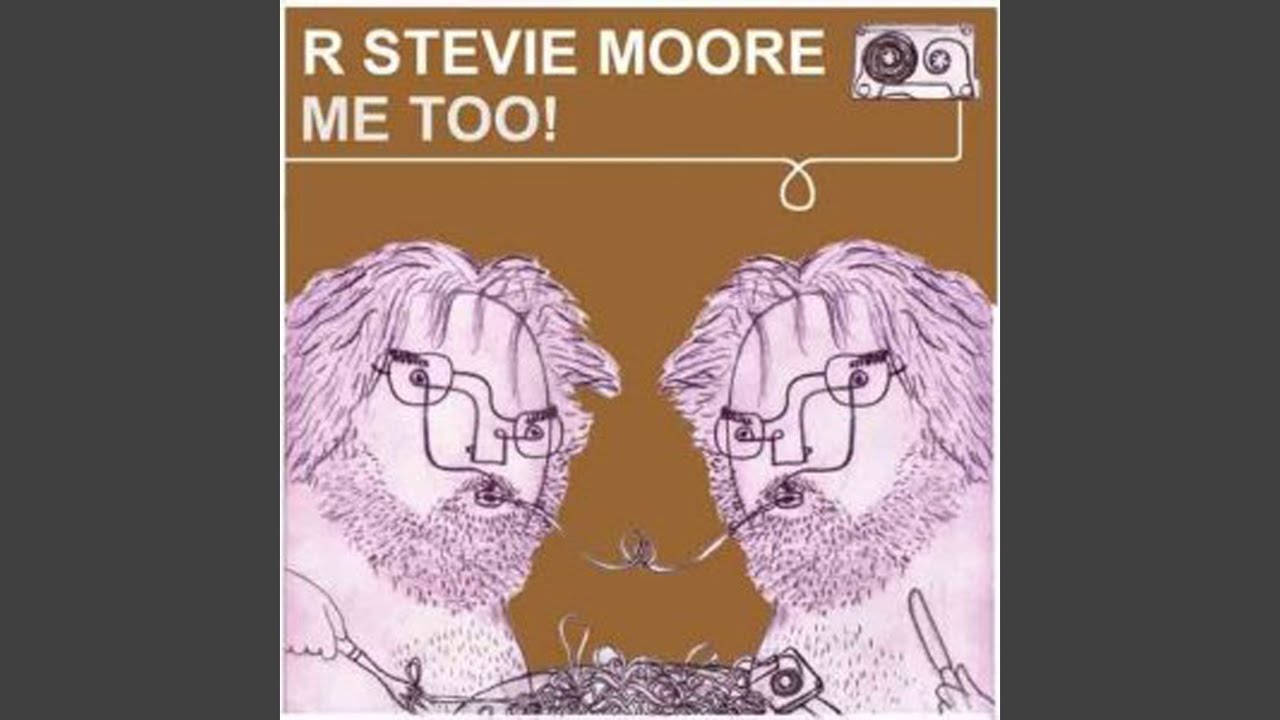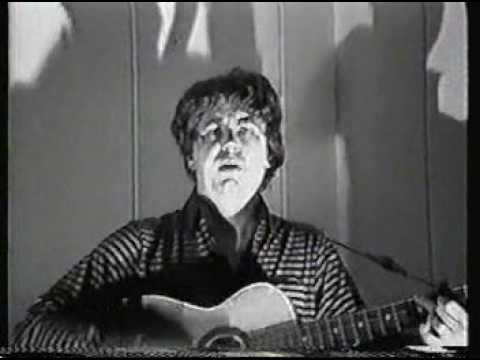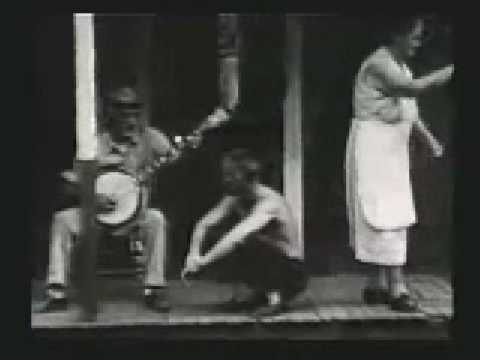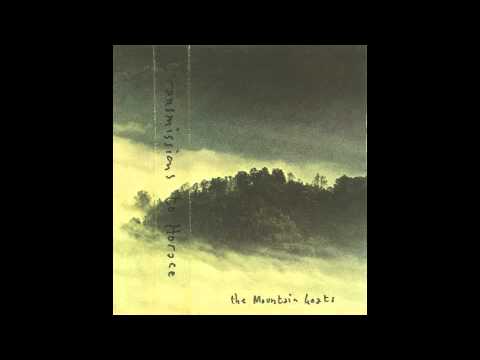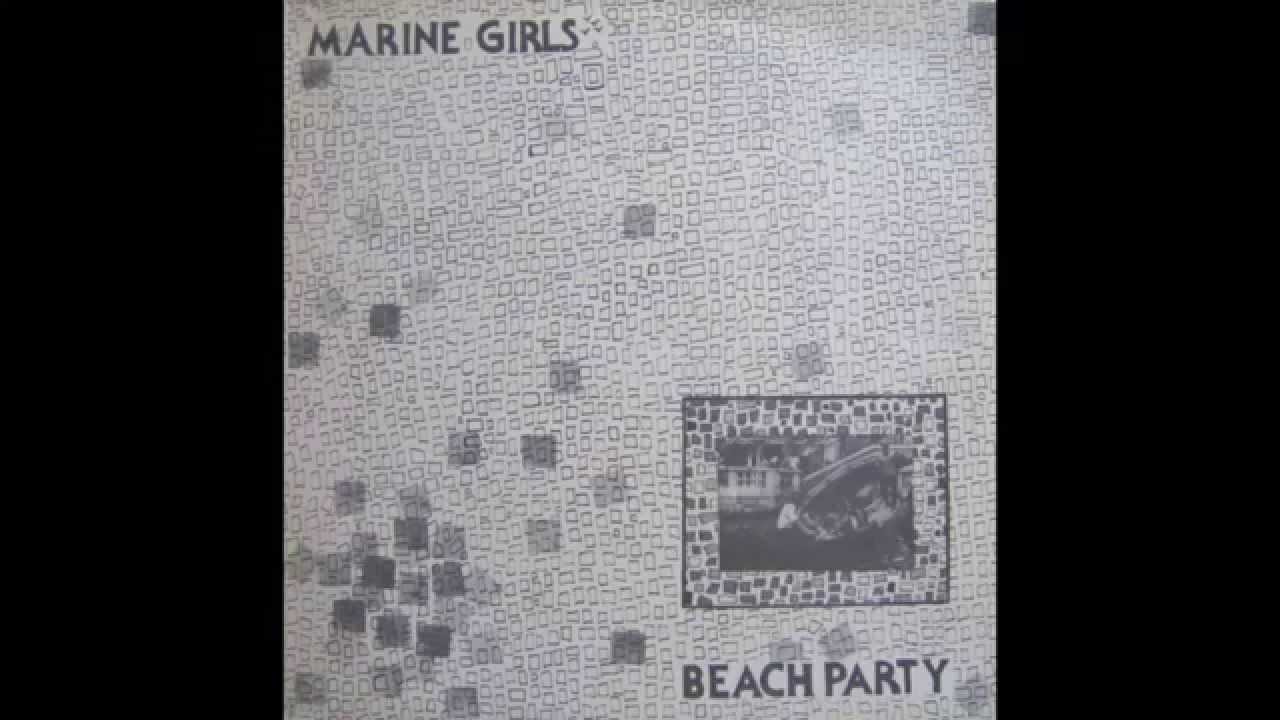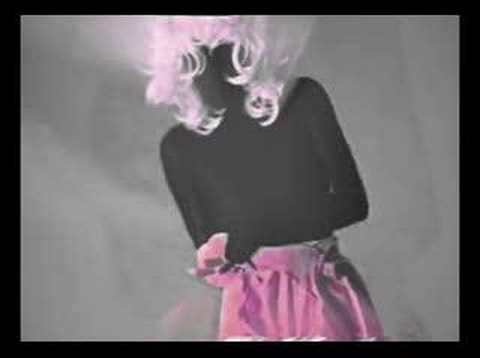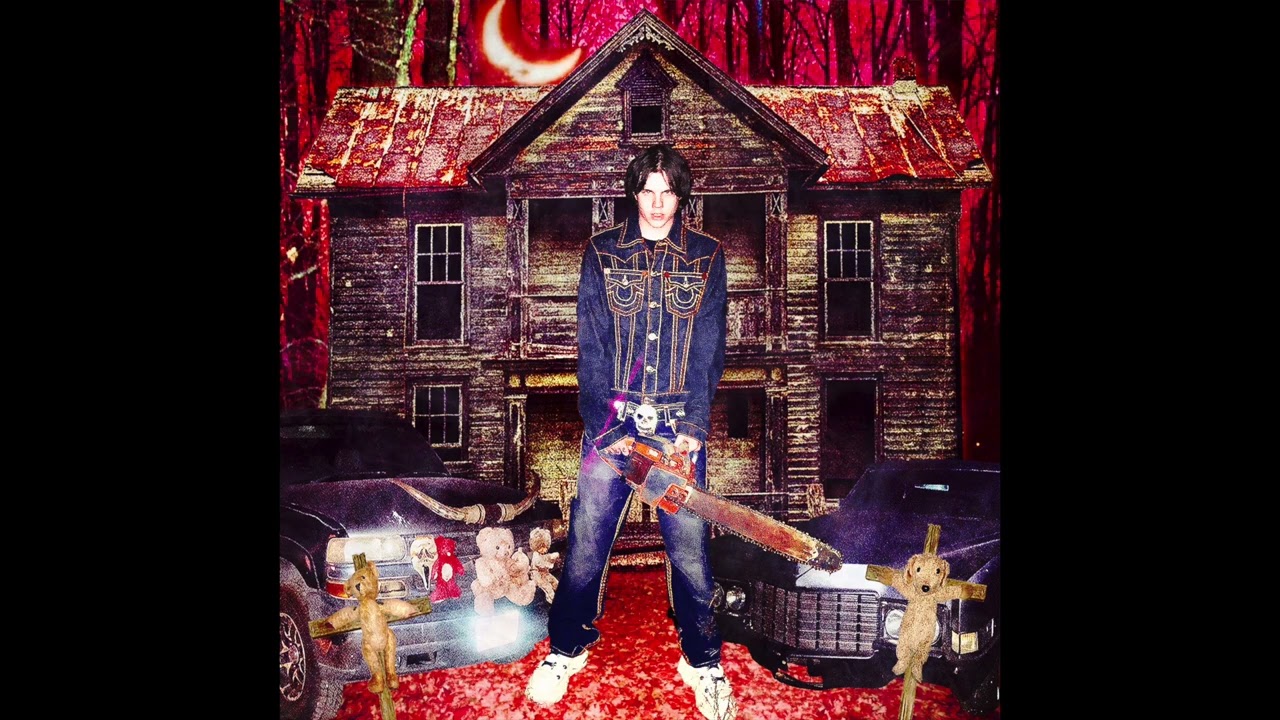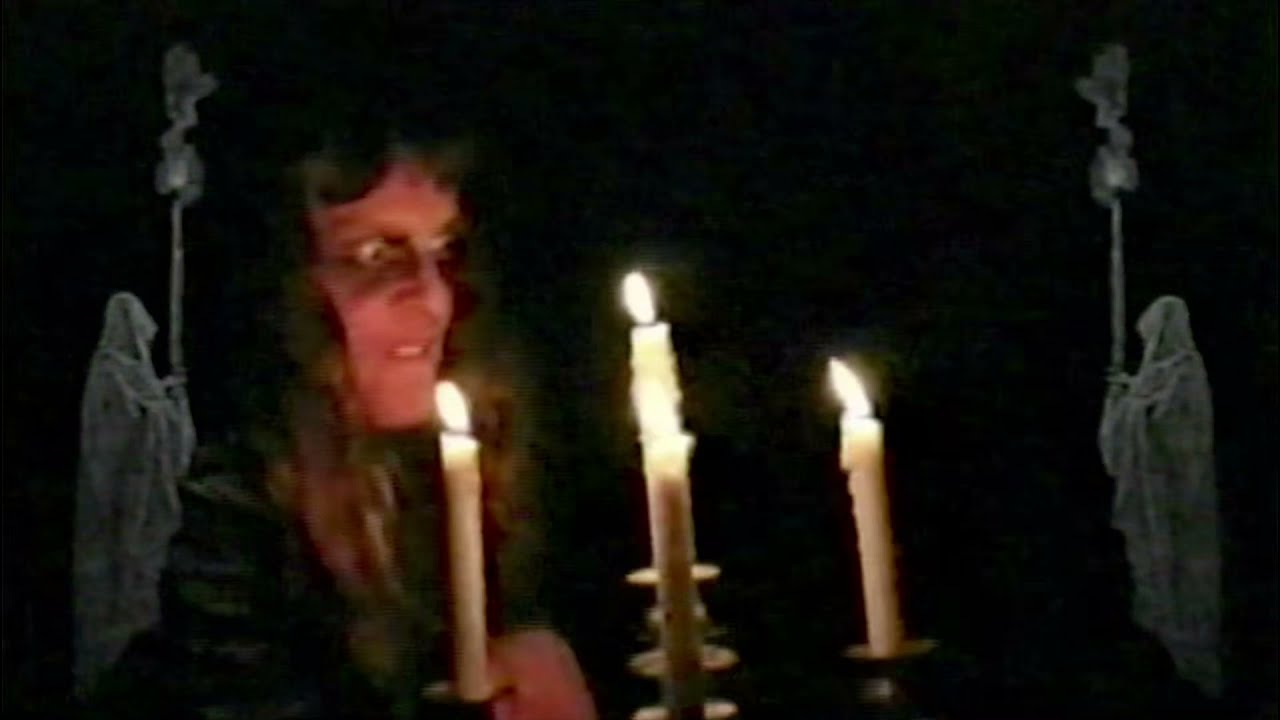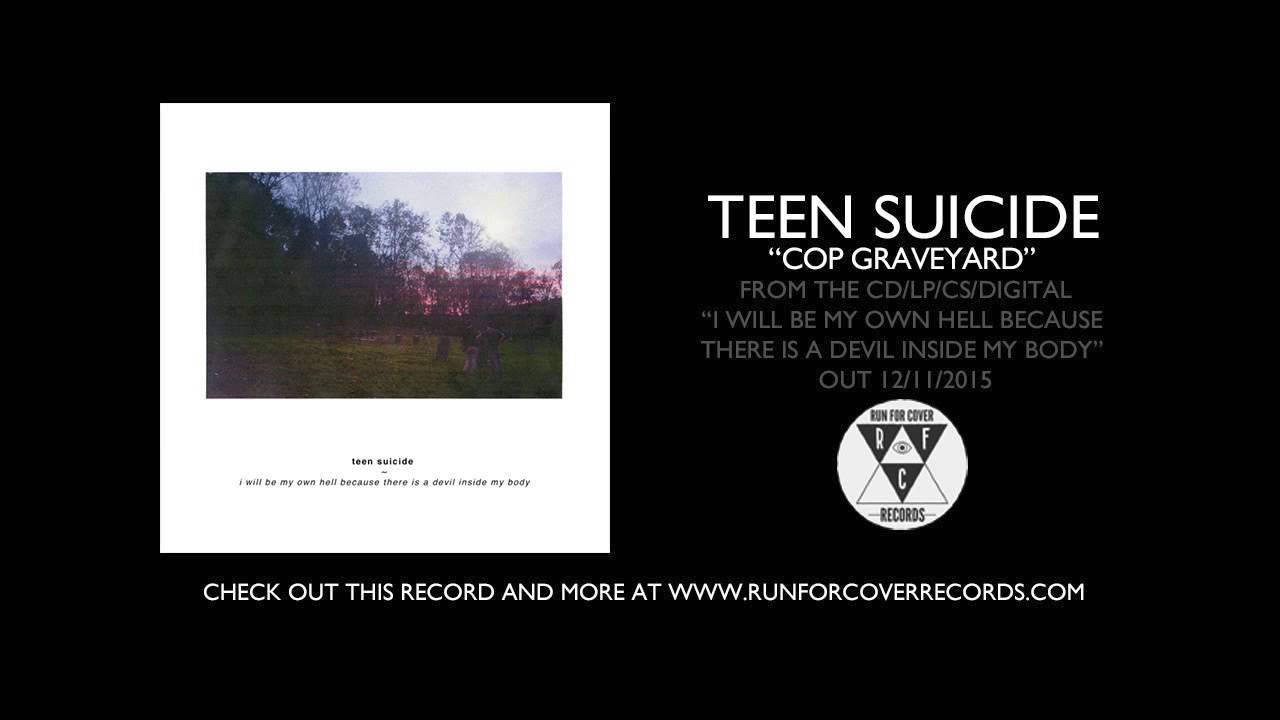Image courtesy Jonas Ahrentorp. CC 2.0
I just published a book. It’s published by Repeater, and it’s called a The Great Psychic Outdoors. It’s a genealogy of lo-fi music. And right about at this point is where a slight sting of embarrassment gets me right there between where the two sides of my ribcage meet. Maybe it’s not really embarrassment – I’m really proud of the book I wrote. It’s more like a creeping flight-or-fight reflex. Let me give you a practical example; it’ll be easier to explain what I mean that way.
On the 13th of June the book was published and on the same date I launched it in Milan. It was Giacomo Stefanini, bassist of the punk band Kobra and overall cool person, and I. Giacomo’s question and remarks were interesting, engaging, generous. But there was one comment that really stood out to me. It felt like a finger stuck in an open wound. A well-meaning finger, but a finger right in there nonetheless. I don’t remember the specific phrasing, but it went something like: “you only speak about six artists or so, that’s a bold choice!”.
And indeed, it is rather bold to say that I wrote a genealogy of lo-fi music when the book is basically only about a handful of bands and musicians. Especially if we consider the term lo-fi in its minimal definition: badly recorded music. How could I possibly say that six artist or so (plus a handful more in the very last chapter) encapsulate the TOTALITY OF EVERY BADLY RECORDED SONG EVER? What do I mean when I say that I wrote a genealogy of lo-fi?
My answer (when I don’t pick the flight option) is one of these two: a conceptual one and one that surges up from the very guts of my being.
The conceptual one runs as follows: the book starts from an interview that Félix Guattari gave on adolescence. At the very end of that interview, he says something so mesmerising that it single-handedly forced me to write a whole book about it. He’s talking about his teenage son. His kid, he says, doesn’t care about politics in the classical sense of the term: he gives fuck all about the State, capitalism and all that jazz. He’s nonetheless a political actor. He has a soldering iron and he sets up free radios. He hijacks the air waves with his cheap art project, jailbreaking the state-and-capital hegemony over what we hear and broadcast.
This idea, to me, was a perfect unwilling commentary on the lo-fi phenomenon. After all, lo-fi artists to this day still mess with the machines that churn out pop tunes and force them to work wonders in ways incomprehensible to the aboveground audiences. They are cyberpunk explorers of piss-poor sounds, making insurrectionary politics by other means. My aim was to prove this exact point, wiring sounds, words and visions into this one little chimera. I had no interest in writing The complete guide to lo-fi music, nor did I feel like the world needed a second serving of Our Band Could Be Your Life. I wanted to use the music to play around with an idea I found honestly mind-bending.
And yet: concepts are well and good, but a book about music is still a book about music. Here is where the second answer comes in: The Great Psychic Outdoors hinges on my sonic obsessions, plain and simple. In a sense, it is not a book of theory, but fan-theory. And the fan perspective is always partisan, tribal even: it’s the voice of someone who spent a lot of time with certain objects and in the midst of an equally invested crowd. I found this tribal voice that spoke through me every time I met other fellow fanatics way richer – even on a heady, abstract level – than any encyclopaedic postures I could possibly assume. And, in turn, if I wanted to channel this sort of energy, I couldn’t possibly write a detached or academic work. I had to lean in and give in to the narrow confines of my love for the kind of lo-fi music that coloured my life. Theory had to bend (and break, at times) under the despotic demands of a fan’s infatuation.
Precisely for this reason it is a genealogy of lo-fi not because it gives a complete history of lo-fi music. On the contrary, The Great Psychic Outdoors is a genealogy of lo-fi because it throws right at you a partisan, engaged, combative take on a scene that a lot of us cherish. And that’s precisely why you need a playlist to properly know what my book is all about.
Brian Wilson, ‘I Feel So Fine’
The Great Psychic Outdoors was written under the sign of Brian Wilson and the Beach Boys. And how could it be otherwise? Brian Wilson is one of the very first contemporary poor sounds explorers. A strong claim, yes, but I went out of my way to defend it in the book so please let it fly unquestioned – at least here. Nerd.
The Beach Boys’ story is such a thick tangle of beauty and madness and joy and sorrow in the midst of the iron clutch of capitalist cultural industry. A story of machinic sabotage through poor recording means and mind-bending psychedelia. A story which still resonates with many a lo-fi fan to this very day. Just take, for example, the posthumous reconstructions of the Beach Boys’ mythological lost albums, such as SMiLE or Landlocked. Or take fan-made tapes such as the haute hauntological Trinidad Cassette. Misshapen, romantic, weird. Haunting stuff, for sure.
R. Stevie Moore, ‘All Well And Good’
There’s a lot of weirdos and outsiders and forever-teenagers in The Great Psychic Outdoors. The most magnificent of all: R. Stevie Moore. He paved the way for all of those who seek to fuck with the pop machine. A bearded mage at the fringes of consensus reality. The blueprint for a multitudinous legion of lo-fidelic sonicnauts.
Daniel Johnston, ‘Funeral Home’
There are a few hills I’ve died on in The Great Psychic Outdoors. For example, I claim that Daniel Johnston was an acid communist, like Mark Fisher and Herbert Marcuse. It sounds outlandish, I know. But, trust me, it’s a trip but not a stretch.
Guided By Voices, ‘Goldheart Mountaintop Queen Directory’
And there are also a few painful omissions in The Great Psychic Outdoors. Artists that are part of my personal lo-fi pantheon, which didn’t make the final cut but whose influence audibly rumbles throughout the pages of my book. Including all my lo-fi heroes would have made The Great Psychic Outdoors unreasonably long, unmanageable. Guided by Voices are a particularly prominent example. Robert Pollard is like our Jon Bon Jovi. AOR for the lo-fi netherworld. Even their barest ballads are grander than thou.
The Mountain Goats, ‘Going To Cleveland’
I’m not afraid of my ghosts: another egregious omission is the Mountain Goats. If Robert Pollard is our Jon Bon Jovi, John Darnielle is our Bob Dylan. A refined writer through and through – read his books too, you’ll see just how spectacular he is with words.
Marine Girls, ‘20,000 Leagues’
There lots of forgotten heroes scattered throughout The Great Psychic Outdoors. For one, the incredible and never-talked-about-quite-enough Marine Girls. An absolute cult girl-band and a chief example of militant cuteness and sweetweird radical feminism. The most gorgeous sunshine pop to piss off the studio-industrial complex. They are the most extraordinary example of the psychedelic poor sound mischiefs my book seeks to defend in the face of neglect and mandatory hi-fi culture.
Perfume Genius, ‘Gay Angels’
But speaking of hills I’ve died on: The Great Psychic Outdoors upholds the idea that we have collectively forgotten how good Perfume Genius’ Learning, his one and only lo-fi masterpiece, actually is. ‘Gay Angels’, for example, is the perfect tune to go cruising or get murdered or plot a queer conspiracy against this world in an abandoned parking lot.
Sematary, ‘GO DIG MY GRAVE’
The Great Psychic Outdoors is also moved by a keen interest in the most gruesome sides of contemporary lo-fi music. To name one: Sematary, the angel with bloody angel wings fusing deranged trap and abysmal DSBM.
Old Nick, ‘The Worst Vampire’
Or, again, the black metal rainbow conjured by Grime Stone Records’ hooligans. In defending the idea that lo-fi is still a radical aesthetic guerrilla, The Great Psychic Outdoors treasures their absolute un-marketability. Up the black metal dungeon synth punx!
Teen Suicide, ‘cop graveyard’
To wrap things up, another grand omission. Teen suicide are heroes of lo-fi gloomcore and they deserved a spot in The Great Psychic Outdoors’ counter-history of lo-fi psychedelia. Teen suicide makes me feel so emo.
The Great Psychic Outdoors by Enrico Monacelli is published by Repeater Books


